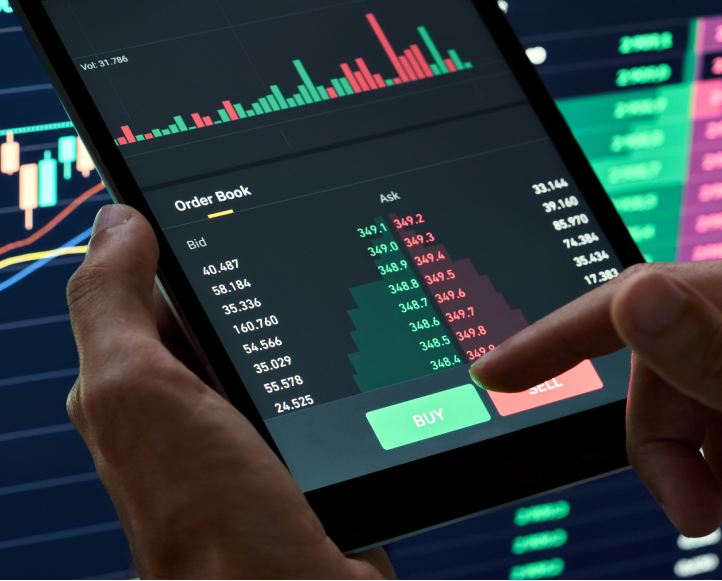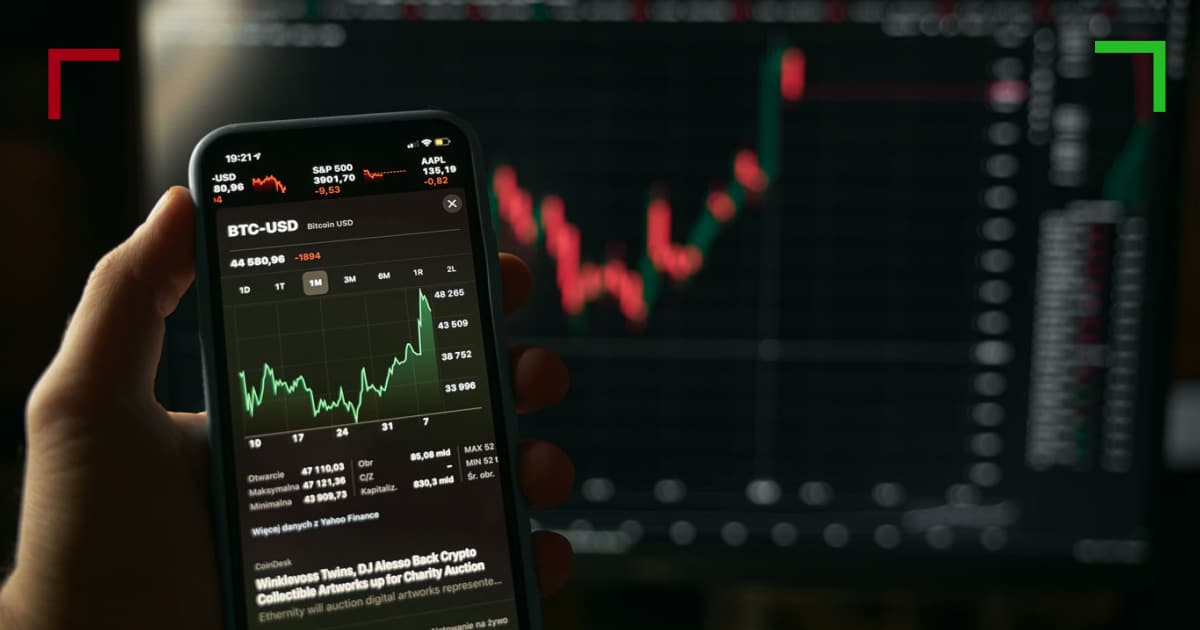
Trading Crypto Platforms: An In-Depth Look
The rise of cryptocurrency has revolutionized the financial world, leading to the emergence of numerous trading platforms designed to facilitate the buying and selling of digital assets. Traders can now operate from the comfort of their homes, leveraging technology to make informed decisions and capitalize on market movements. As the landscape of digital currency continues to evolve, understanding the functionality and variety of trading crypto platforms is essential for both new and experienced traders. Moreover, to delve further into blockchain education, Trading Crypto Platforms click here.
What are Trading Crypto Platforms?
Trading crypto platforms are online services that facilitate the buying, selling, and exchange of cryptocurrencies. They act as intermediaries between buyers and sellers, providing a range of tools and features that enhance trading experiences. These platforms enable users to trade various cryptocurrencies like Bitcoin, Ethereum, and many altcoins. With the boom of digital currencies, trading platforms have become vital tools for anyone looking to invest in this burgeoning market.
Types of Trading Crypto Platforms
There are primarily two types of trading crypto platforms: centralized exchanges and decentralized exchanges. Each has unique attributes that cater to different trading needs.
Centralized Exchanges (CEX)

Centralized exchanges are the most popular trading platforms in the cryptocurrency space. They are managed by companies that provide a user-friendly interface, allowing users to create accounts, deposit funds, and execute trades. Examples of popular centralized exchanges include Binance, Coinbase, and Kraken.
- Pros: High liquidity, user-friendly interfaces, robust customer support, and a wide variety of cryptocurrencies available for trade.
- Cons: Security risks, potential for hacking, and the necessity to trust a third party with your funds.
Decentralized Exchanges (DEX)
Decentralized exchanges operate without a central authority, enabling peer-to-peer trading of cryptocurrencies directly between users. DEXs are considered to offer a higher level of privacy and security since users maintain full control over their funds. Examples include Uniswap, SushiSwap, and PancakeSwap.
- Pros: Enhanced privacy, lower fees, and reduced hacking risks since funds are stored in users’ wallets.
- Cons: Lower liquidity, less user-friendly interfaces, and potential for higher trading costs due to slippage.
Choosing the Right Trading Crypto Platform
Selecting the right trading platform is critical for optimizing your trading success. Here are some factors to consider:
- Security: Ensure the platform has strong security measures in place, such as two-factor authentication (2FA) and cold storage options.
- Fees: Analyze the fee structures, including trading fees, withdrawal fees, and any additional costs associated with using the platform.
- Variety of Assets: Choose a platform that offers a broad range of cryptocurrencies and trading pairs to diversify your portfolio.
- User Experience: The platform’s interface should be intuitive, making it easier to execute trades and manage your investments.
- Customer Support: Opt for platforms that provide responsive customer service to assist with any issues that may arise.

Best Practices for Trading on Crypto Platforms
Once you have selected a trading platform, understanding how to leverage it effectively is paramount. Here are some best practices to consider:
- Research: Stay informed about market trends, news, and updates regarding the cryptocurrencies you are trading.
- Diversify: Spread your investments across different assets to minimize risk.
- Set Clear Goals: Define your trading objectives and develop a strategy that aligns with them, whether it’s day trading, swing trading, or long-term investment.
- Practice Risk Management: Always use stop-loss orders and only invest what you can afford to lose.
- Stay Updated: Follow developments in the cryptocurrency space, like regulatory changes and technological advancements that may affect market behavior.
Future Trends in Crypto Trading Platforms
The cryptocurrency landscape is continually evolving, with new trends emerging in trading platforms. Some future trends to watch include:
- Integration of AI: Advanced algorithms and AI-based trading strategies are expected to become commonplace, providing traders with more robust analysis tools.
- More Regulation: As cryptocurrency markets mature, regulatory oversight is likely to increase, leading to more compliance and security features on trading platforms.
- Decentralized Finance (DeFi): The growth of DeFi platforms could lead to the integration of traditional financial services within crypto trading ecosystems, empowering users with more financial tools.
- Enhanced User Experience: Continuous improvements in user interfaces, mobile applications, and customer support will drive better trading experiences for all users.
Conclusion
Trading crypto platforms have become indispensable in the world of digital asset trading, offering various features and tools to cater to the needs of different traders. By understanding the types of platforms available, choosing the right one for your needs, and practicing effective trading strategies, you can navigate the cryptocurrency market with greater confidence. As the industry continues to mature and innovations unfold, staying informed and adaptable will be key to success in the evolving landscape of cryptocurrency trading.

